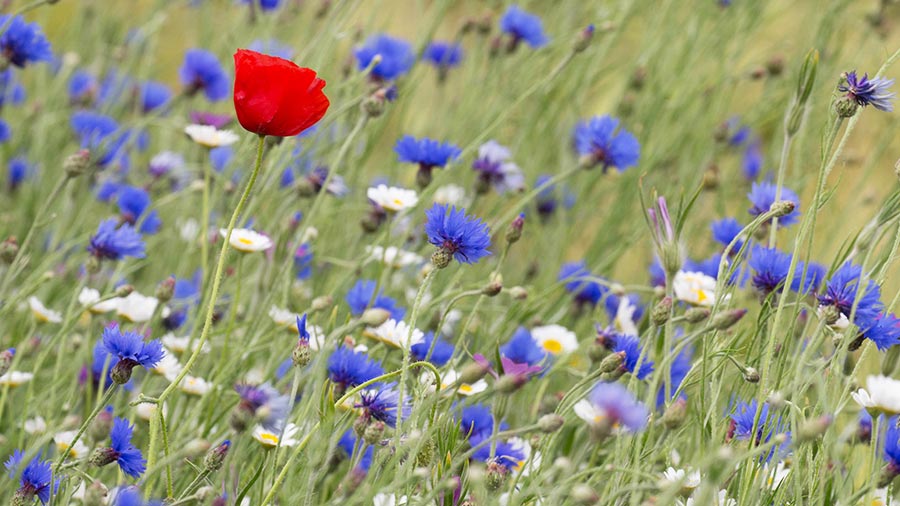Further delays to SFI 2023 launch leave farmers in limbo
 © Tim Scrivener
© Tim Scrivener Defra is being accused of failing English farmers after it delayed the launch of its new and improved Sustainable Farming Incentive (SFI) scheme because of technical issues.
Government ministers and senior civil servants had given repeated assurances the 2023 SFI scheme would begin with a controlled rollout in August, followed by a wider launch to all eligible farmers and land managers in England in the early autumn.
In June, Defra published a 150-page SFI Handbook for the 2023 offer which set out the different options, payment rates and criteria, with the firm commitment the scheme would open for applications in August.
See also: RPA extends Mid-Tier CS application deadline to 15 September
But industry sources told Farmers Weekly this timetable was looking very unlikely after the IT team managing the scheme encountered technical problems.
“The clock is ticking in August and it looks like Defra are not going to deliver the new SFI scheme on time as promised,” one industry source revealed.
“This leaves farmers unable to plan autumn planting using the SFI 2023 scheme and payments. They are in a mess and are not sure when it’s going to be started.”
The delayed launch of SFI 2023 is another blow to cash-strapped farmers who already face a cashflow crisis brought on by reduced Basic Payment Scheme (BPS) payments, rising interest rates and a difficult harvest, with soaring input and energy costs and lower output prices.
It also means many farmers who successfully apply to join the SFI this autumn will be unlikely to receive any payments before 2024, adding further financial pressure.
Farmers had also hoped to compare the SFI offer to the Countryside Stewardship (CS) Mid Tier scheme this autumn as the CS application window has been extended.
SFI 2022 limbo
Meanwhile, thousands of farmers will be served notice to quit the 2022 scheme and join SFI 2023. They have been left in limbo and unsure whether to carry on investing in the outcomes of SFI 2022.
Industry leaders criticised Defra for poor communication and failing to give updates on the SFI timetable to allow farmers to make informed cropping decisions.
NFU vice-president David Exwood said the extension of the CS deadline had implications for the delivery of SFI and came at a time when cashflows were under severe pressure.
“Farmers in England have had further BPS reductions. Milk prices are down and prices for red meat are also on the slide,” he said.
“It has been the most expensive year we have ever had and a very difficult harvest. It will be a tough autumn for farmers.”
Losing patience
Tenant Farmers Association chief executive George Dunn said its members were keen to take part in new green schemes, but were “fast losing patience with the lack of progress”.
Urging the Rural Payments Agency and Defra to “shift up a gear”, Mr Dunn said: “There are too many promises about tomorrow rather than delivering what is needed for today”.
Martin Lines, UK chairman of the Nature Friendly Farming Network, said: “Lack of information and continued uncertainty of the ELM rollout timeframe is impacting businesses really hard. This continued uncertainty is leaving farmers with the inability to plan their sustainable farming businesses for the future, delivering public goods and food production hand-in-hand.
“Defra seems to continue to over-promise and under-deliver, leaving farmers in the lurch and making it almost impossible to plan their future through this transition.”
A Defra spokesman told Farmers Weekly: “We are continuing preparations to open SFI 2023 for applications, including final pre-launch tests and adjustments to ensure the process is as straightforward as possible, and plan to start accepting applications shortly.”
